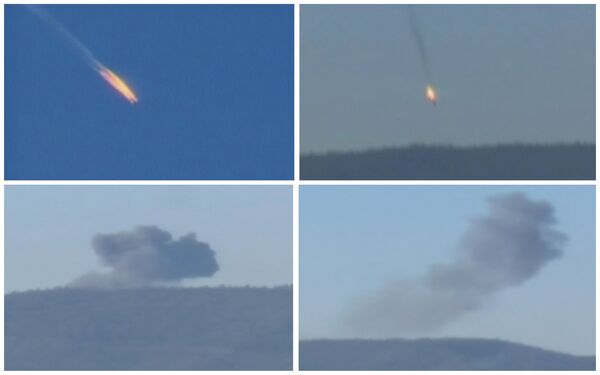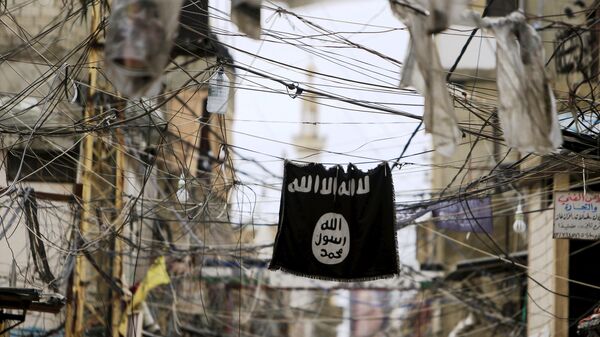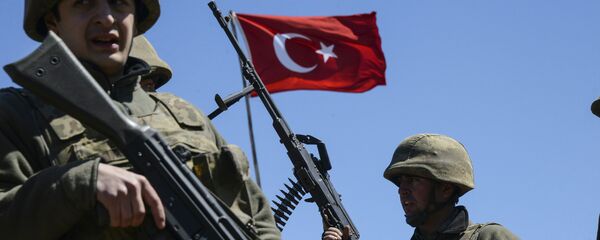The journalist maintains that Ankara "shot itself in the foot" when a Turkish F-16 fighter jet downed a Russian Su-24 bomber that was on an anti-Daesh mission in northern Syria. Turkish authorities cited airspace violations – a claim Moscow has always denied.
"We did the Russians a great injustice," he observed. "We have applied double standards. Our country lost billions of dollars as a result."

Ankara's relations with Moscow took a major hit following the November 24 incident that Russian President Vladimir Putin described as "a stab in the back." Sanctions that Russia slapped on Turkey in the days following the Su-24 downing are estimated to have cost Ankara over $8 billion in 2016.
Yavuz Semerci urged Ankara to revise its foreign policy. Turkey's new strategy should, according to the columnist, involve extending the hand of friendship to Russia, Egypt, Iran, Iraq and Syria's current government. The country's main focus should be on the economy, particularly bilateral trade relations with Moscow, Cairo, Tehran, Baghdad and Damascus.

In recent months, Daesh militants have frequently targeted the Turkish town of Kilis, located across the border from Syria. Rocket attacks have claimed the lives of civilians, prompting Turkey's Prime Minister Ahmet Davutoglu to say that Ankara could send ground forces to the war-torn neighboring country to tackle Daesh unilaterally.
Ankara has long reiterated that it is determined to defeat the terrorist group that carved out large territories in Iraq and Syria to create a caliphate. Critics have said that Daesh's resilience has to a large extent resulted from the fact that the group could freely move in and out of Syria through its porous border with Turkey.
#Lavrov: We believe it is increasingly important to close Syrian-Turkish border to prevent the flow of weaponry and militants to terrorists
— MFA Russia (@mfa_russia) 3 мая 2016 г.


